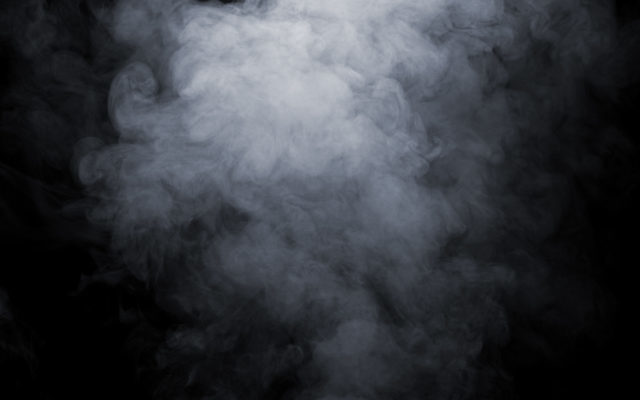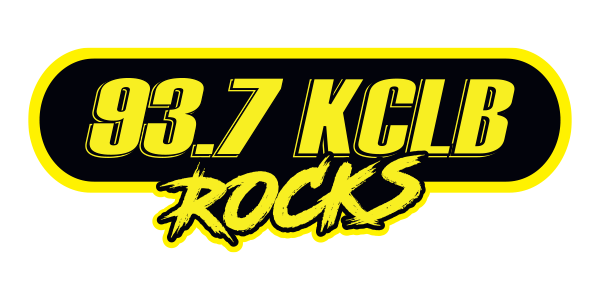Inhaling Could Be Hazardous To Your Health

American Lung Association in California is warning you of the dangers of 3 factors you have no control over.
It is warning you about the dangerous effects of smoke and soot from wildfires burning around the state, from extremely hot temperatures, and from rolling blackouts due to power companies being unable to keep up with the power demand, as they reduce their use of fossil fuels to produce electricity.
Oddly enough, California’s struggle to supply all the electricity needed around the state, comes as the state’s economy is running at less than full throttle.
Every gym and fitness facility in California remains closed. Other than a few private schools that are open, all public schools and all colleges in California are closed.
Restaurants are not offering any indoor dining service. Thousands of businesses around the state have closed, and won’t ever reopen. Others have reduced their staffs, and cut operating hours.
The American Lung Association in California offers the following tips during this dangerous period: Stay inside as much as possible, with doors, windows and fireplace dampers shut – and clean air circulating through air conditioners and/or air cleaners.
Residents should use the recirculation setting on their home air conditioners to avoid outdoor air contamination. Using whole house fans is not recommended because they can allow unfiltered outside air into the home.
Those with chronic lung disease are encouraged to gather all their medications, delivery devices, prescriptions and insurance cards in one spot so they can quickly be transported in the event of an evacuation.
If evacuating, remember to continue to follow guidance around COVID-19 such as practicing social distancing, wearing a cloth face covering and using hand sanitizer.
Contact a physician immediately if lung disease symptoms worsen or are not relieved by the usual medicines.
Seek medical attention if experiencing wheezing, shortness of breath, difficulty taking a full breath, chest heaviness, lightheadedness, and dizziness. Close car windows and vents, when driving through smoky area.
Air conditioning should be set to recirculate to avoid exposure to outside air. Avoid exercising outdoors, particularly if you smell smoke or experience eye or throat irritation.
For those returning to a fire-damaged home, limit exposure to ash by wearing, protective clothing, gloves, goggles, and a fitted N-95 mask, if available.
NOTE: A cloth mask, such as those often used to prevent the spread of COVID-19, will not adequately protect lungs from particles found in wildfire smoke.
Photo from Alpha Media USA Portland OR



